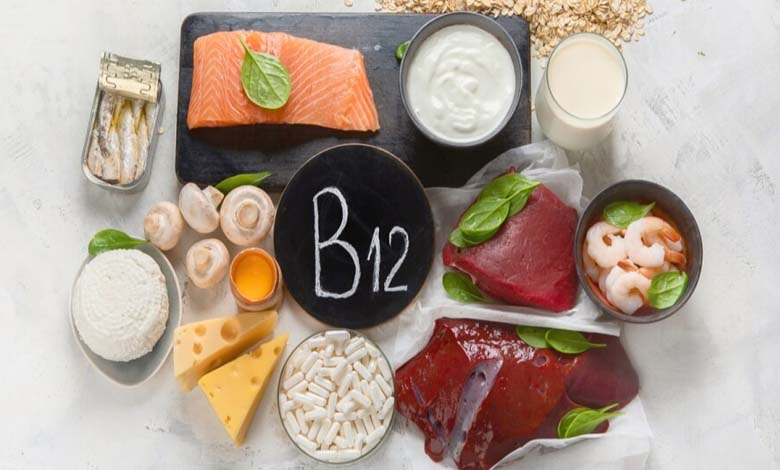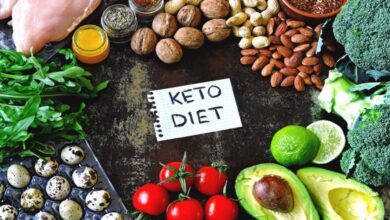Vitamin B12: What are its benefits and in what foods can it be found?

Vitamin B12 is really a family of vitamins, including cyanocobalamin. These vitamins come from our diet, but also from the intestinal flora. Vitamin B12 is stored in the liver but also in certain muscles. Deficiency may take months or years to be detected because the body can store vitamin B12 without reabsorbing it from food.
People with vitamin B12 deficiency may have anemia, fatigue, tingling in the feet and hands, constipation alternating with episodes of diarrhea, mood changes, a burning sensation in the tongue, dizziness, and weight loss. In older people, a deficiency may affect memory.
Infants need 0.5 micrograms of vitamin B12 per day, which rises to 3.5 micrograms for adolescents 12 years of age, and then adults need 4 micrograms per day. Pregnant and breastfeeding women need 5.5 micrograms of vitamin B12 per day, so it is especially important that they have adequate intakes.
What are the benefits of vitamin B12?
Vitamin B12 plays a key role in our body, including the formation of red blood cells, the production of genetic material inside cells, the functioning of the nervous system, the metabolism of homocysteine, and the uptake of folic acid and carbohydrates.
Where is vitamin B12 found?
Vitamin B12 is found exclusively in products of animal origin, such as offal, red meat, poultry, fish, seafood, dairy products, and eggs. The most vitamin B12-rich food is beef or veal liver, with 60 to 65 micrograms of vitamin B12 per 100 grams of meat. However, this vitamin is not found in fruits and vegetables.
This means that vegetarian people (who do not eat meat or fish), and even more vegan people (who do not eat any animal products), are at risk of vitamin B12 deficiency. It is strongly recommended that they take vitamin B12 supplements, either in tablets or injections. The same is true for patients with chronic bowel disease, pernicious anemia, or bariatric surgery.












